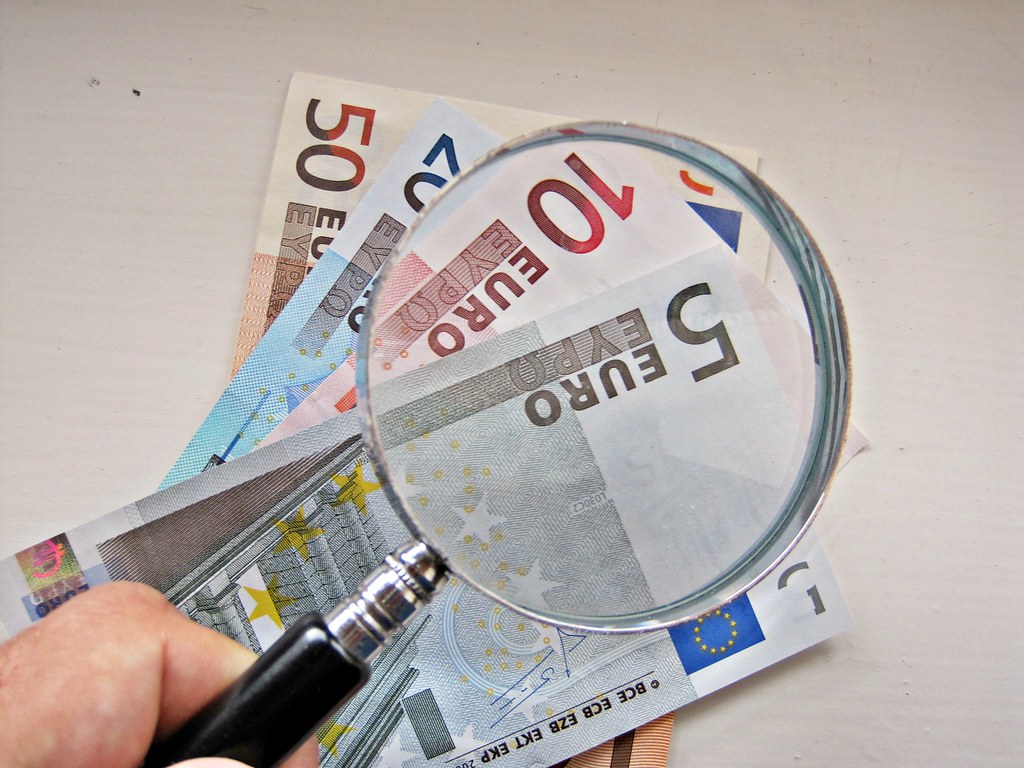
European Union Is Getting Innovation Wrong
I recently attended a discussion on Europe’s competitiveness. There was unanimous agreement that we are lagging behind in all applied technologies—perhaps with the sole exception of the pharmaceutical industry. The reflexive response from the participants was: “We’ve created a fund for that.” Too few startups? Create a startup fund.Weak AI performance? An AI innovation fund!











